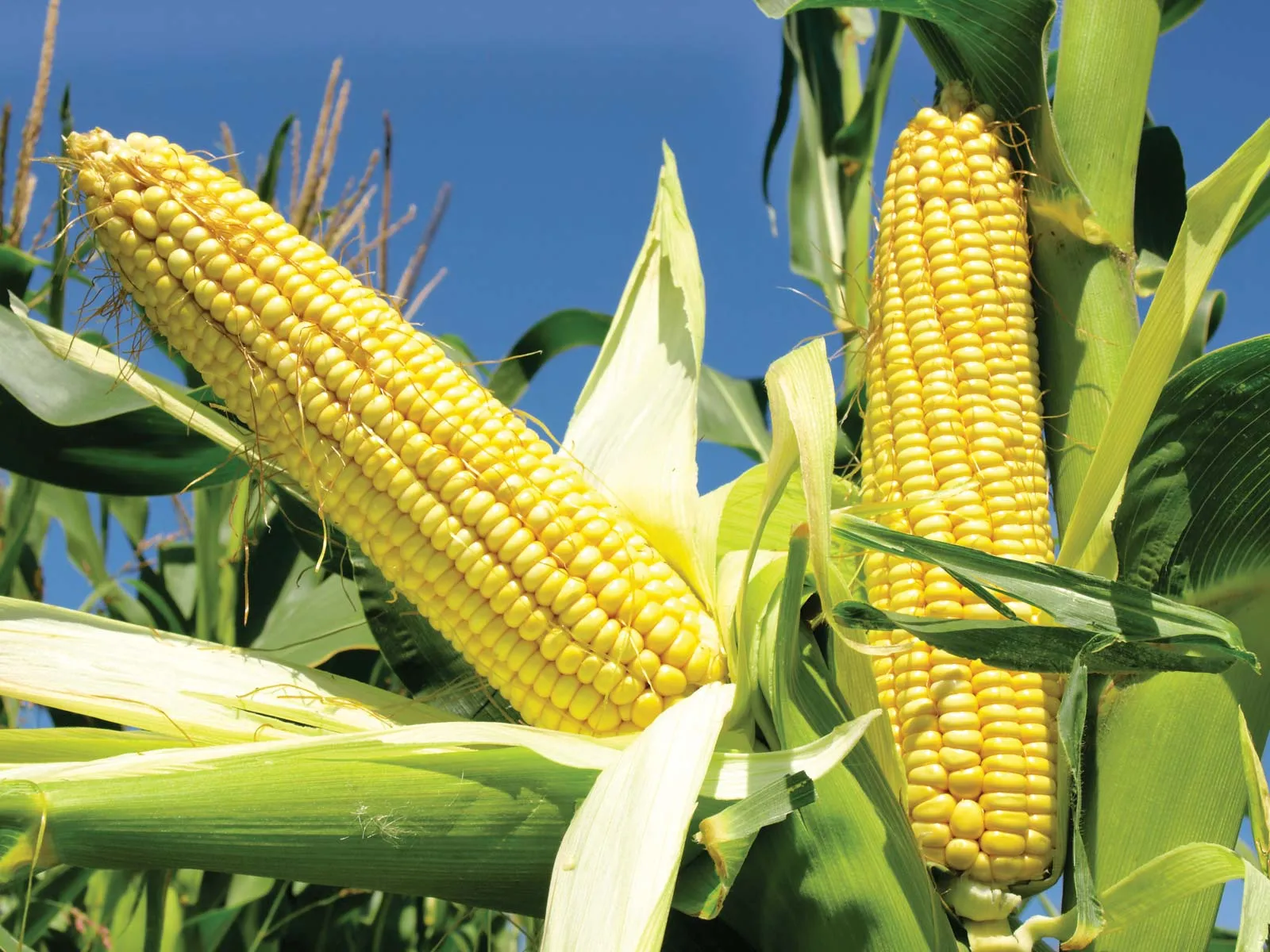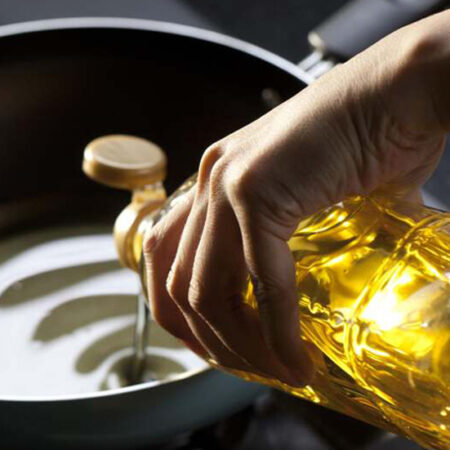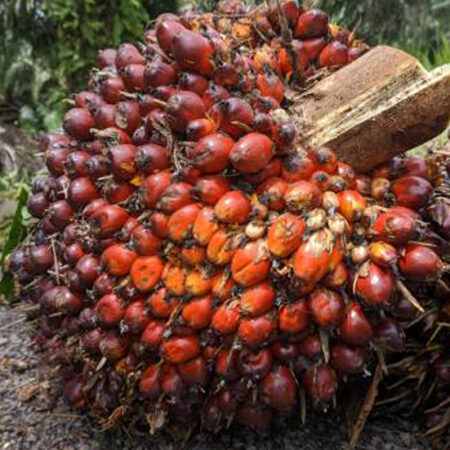
BEIJING, Feb 11 (Reuters) – Chicago Board of Trade futures for corn, soybeans, and wheat fell on Tuesday after U.S. steel and aluminium import tariffs sparked fears of retaliation against U.S. farm exports.
Diminishing risks of freeze damage to U.S. and Black Sea wheat crops also weighed on wheat prices.
FUNDAMENTALS
The most-active soybean contract Sv1 on the Chicago Board of Trade (CBOT) was down 0.05% at $10.49 a bushel by 0140 GMT.
Chicago corn Cv1 inched 0.2% lower to $4.90-4/8, while wheat Wv1 dipped 0.26% to $5.78 a bushel.
U.S. President Donald Trump raised tariffs on steel and aluminium imports to a flat 25% on Monday, fuelling concerns over reduced demand for U.S. crops.
Traders expect the U.S. Department of Agriculture to show substantial wheat ending stocks, and cut ending stocks for soybeans and corn in its monthly report due later in the day.
Brazil’s soybean harvest for the 2024/25 season reached 15% of the planted area as of last Thursday, AgRural said. Meanwhile, high freight costs and a stronger local currency have slowed sales.
Forecast showers in Argentina this week may relieve dry conditions for corn and soy crops.
A cold front moves into key wheat-growing regions in the Black Sea and the U.S. Plains, but snow cover expected has reduced the risks of crop damage.
Russia’s wheat export forecast was lowered due to low stocks, according to IKAR consultancy, while export prices rose as shipments slowed ahead of upcoming quotas.
Commodity funds were net sellers of CBOT wheat, soybean and soyoil futures contracts on Monday, traders said. Funds were net buyers of corn futures and net even in soymeal, they said.
MARKET NEWS
The dollar rose for a third-straight session on Monday after U.S. President Donald Trump warned of more tariffs, including steel and aluminium, while a gauge of global stocks advanced, shrugging off concerns about another round of duties.






